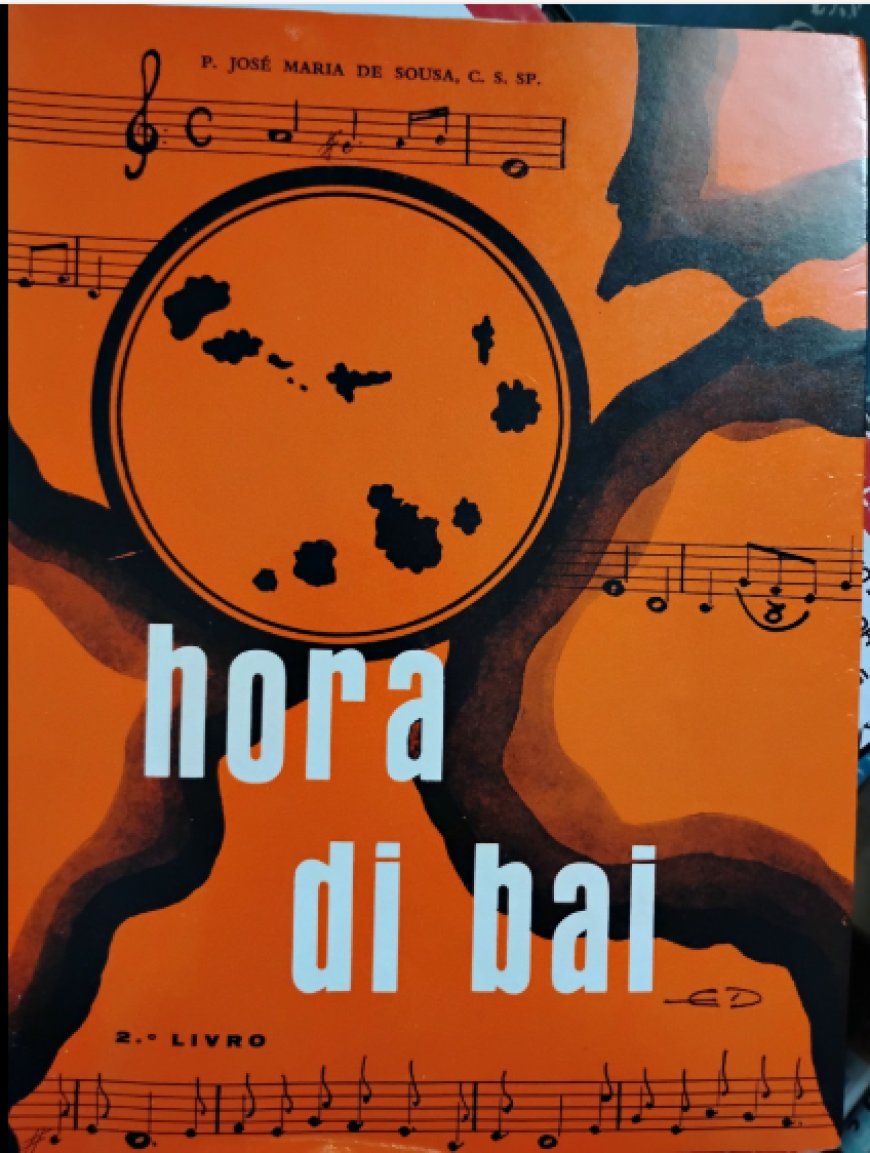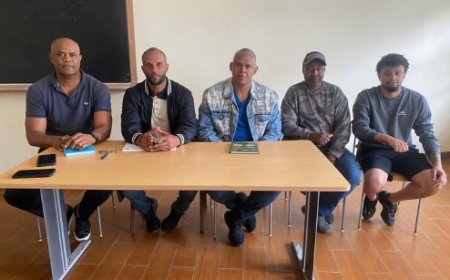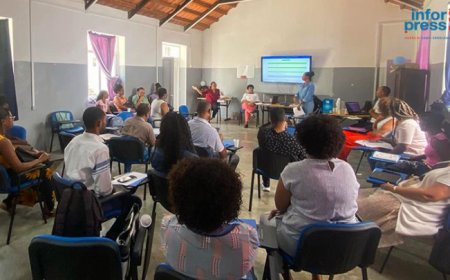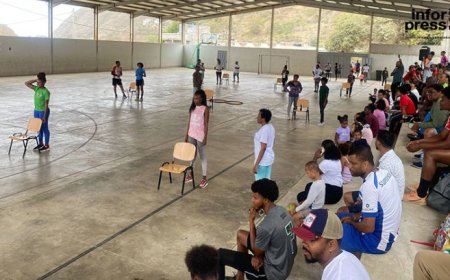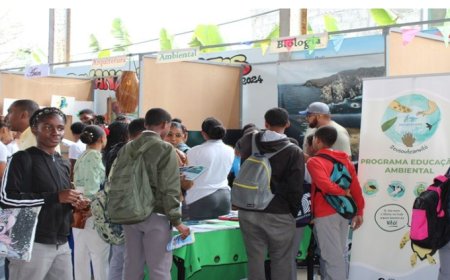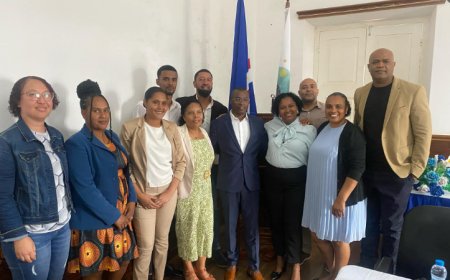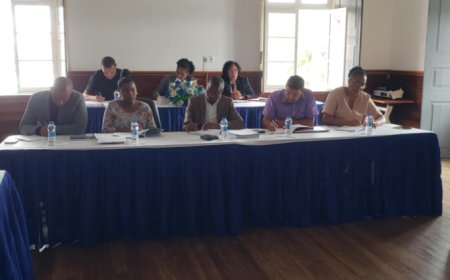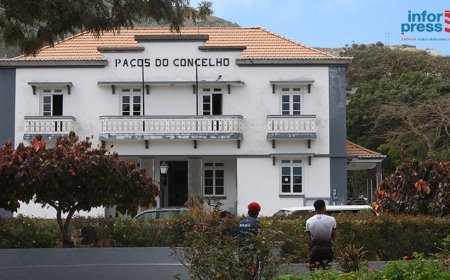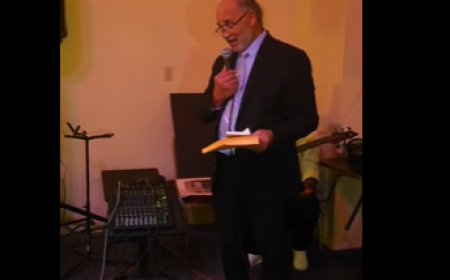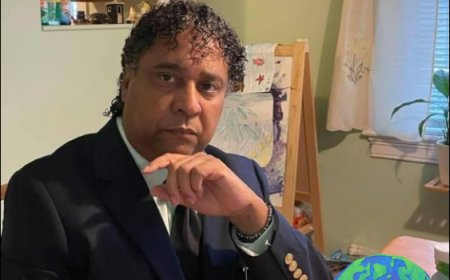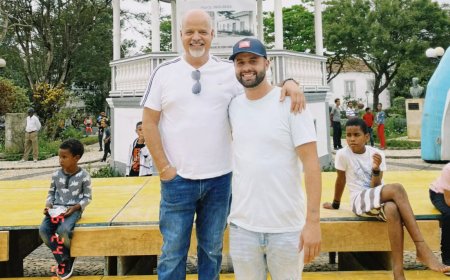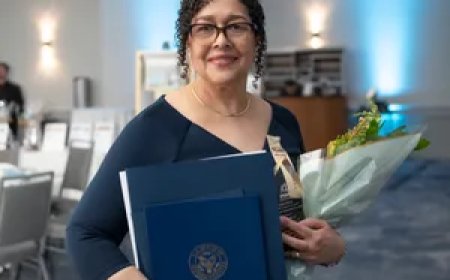Analysis and Reflection on "Hora di Bai - Mornas e Coladeiras de Cabo Verde" - Carlos Spinola
The recent reading of the book Hora di Bai - Mornas e Coladeiras de Cabo Verde, published by the Capeverdean American Federation in 1973 and organized by Father José Maria de Sousa, C.S. SP, with a foreword by D. Belmira Nunes Miranda, gave rise to an important reflection on our language and identity. The book, a true relic of Cape Verde, represents a significant milestone in the understanding of the country's Creole culture and language.
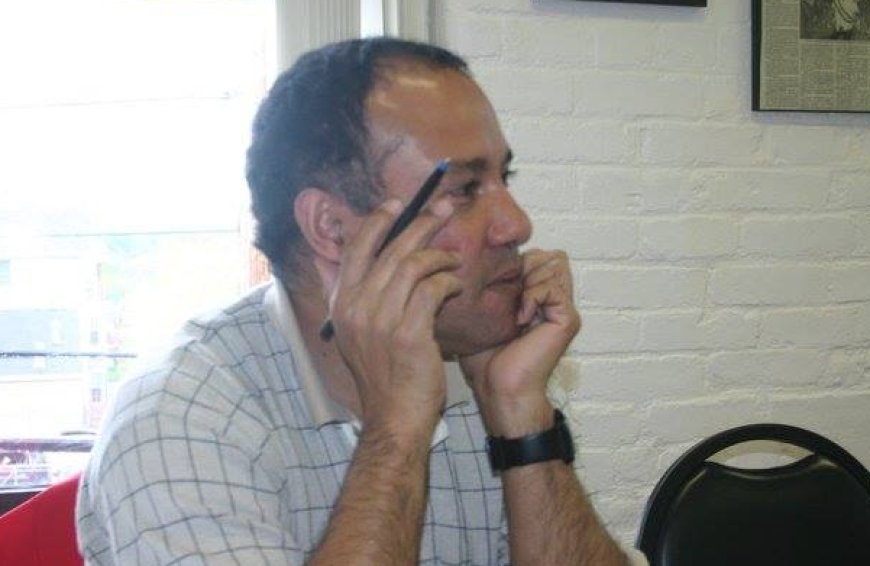
When revisiting this material, it is impossible not to question the direction taken by movements like ALUPEC. The criticism of ALUPEC, and the rejection of its mentors, reveals a concern for the true essence of the Creole language, which should not be distorted by external influences or artificial forms of writing. The ALUPEC movement, in trying to systematize Creole on the basis of linguistic conventions, meets with resistance from those who defend the simplicity and authenticity of the language as expressed by great names in Cape Verdean literature, such as Eugénio Tavares, Pedro Cardoso, José Lopes, Januário Leite, Jorge Barbosa, Baltazar Lopes da Silva, and Manuel Lopes.
In Hora di Bai, Volume I, we find not only music and lyrics that resonate with the history of the Cape Verdean nation, but also a commitment to the purity of the Creole language as it was thought and felt by these masters. The work also takes us on a historical analysis of the origin of Creole, bringing to light the idea that Cape Verdean Creole has deep roots in neo-Latin languages such as Portuguese, French, Italian, Spanish and Romanian.
The criticism of "ALUPEC and post-Independence" gains weight when we reflect on the words of the great Norberto Tavares, who, in his writings, seems to warn about preserving the authenticity of our culture. Tavares' writing, along with the other authors mentioned, proposes that, in rescuing the Creole language, its truth should be preserved, without giving in to simplifications or artificial alterations.
In Cape Verde, and in the diaspora, the book Hora di Baiis still a reference for scholars and for anyone wishing to deepen their knowledge of our history and language. The work of authors like Isabelle Livramento, who shared the volumes of the work, is fundamental to keeping alive the flame of love for Cape Verde and for Creole, a Creole without a K, as it is genuinely spoken and lived in the heart of our culture.
The work is still available for consultation at the Cape Verdean Museum, where we can learn more about this wealth that is our history and our language, and reflect on the future we want for it.
A reflection by Carlos Spinola, taken from his social media page
